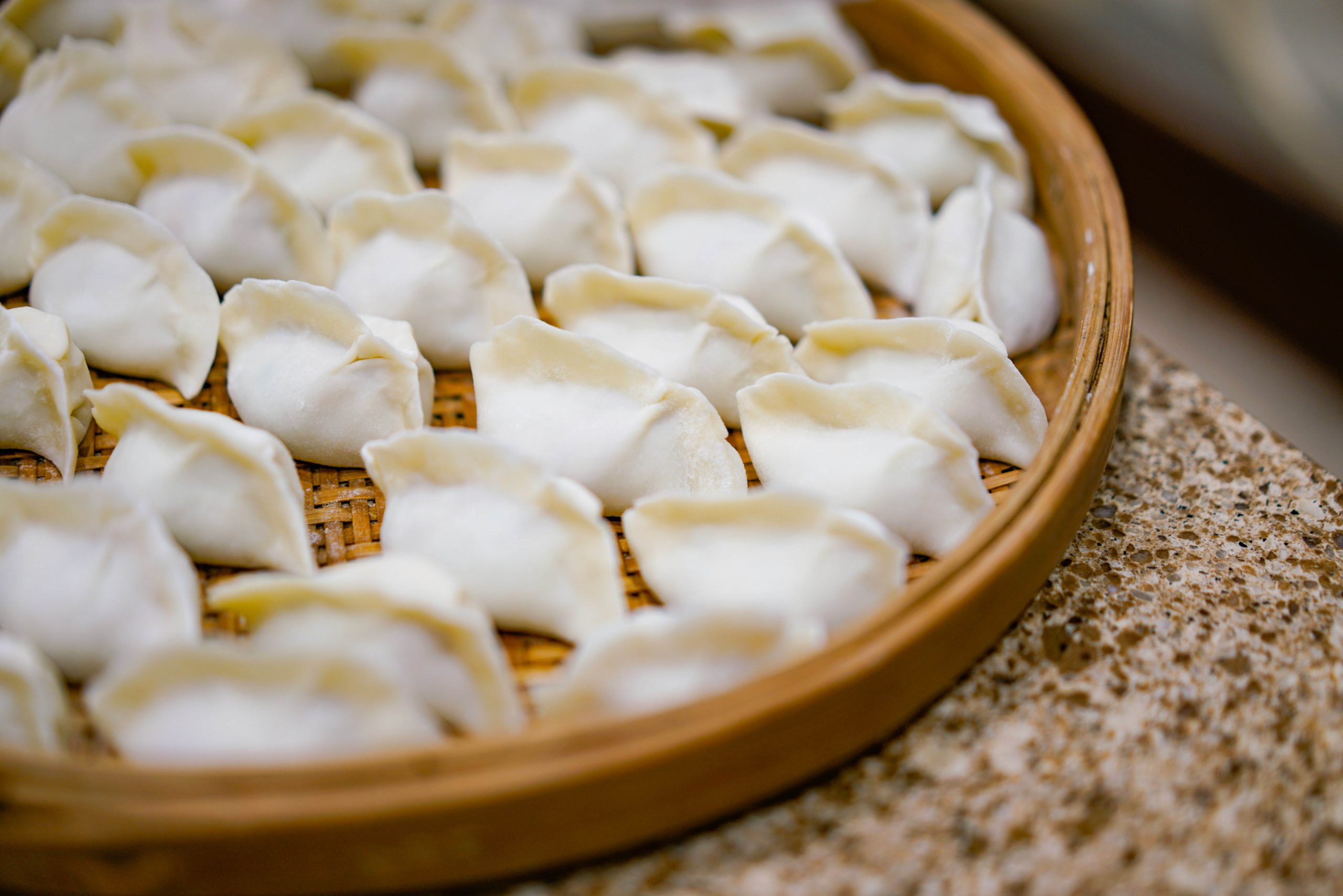Disclaimer: I have not done Dry January and I don’t intend to stop drinking anytime soon.
The cleansing month of January is now over, and so the tolerance for people not drinking alcohol is about to slip away. It seems that the expectation for alcohol consumption always creeps back in after Dry January, but why?
I decided to write this article after noticing the reaction from friends and family when they found out my boyfriend had stopped drinking for 2020. Why isn’t he drinking? Won’t he want a drink at the party? I don’t think that’s going to work were among the comments received. It made me realize how normalized drinking alcohol has become in society, something which had never really occurred to me before because I was so immersed in the normality of our drinking culture.
Not drinking alcohol in an environment where you’re surrounded by other people drinking can be tough, especially if it’s not through choice. Alcohol Change UK has revealed that a third of young people say they drink as it makes them feel more outgoing, and I have to agree.
“Socializing at uni is often very alcohol dependent and this culture isn’t likely to change, nor would most people want it to”
With this social aspect in mind, I think it’s fair to say our sensitivity in these situations fails us. Often, people are unable to drink for various health reasons and this can really have a negative effect on their mental wellbeing as they may feel they’re missing out on social events. Socializing at uni is often very alcohol dependent and this culture isn’t likely to change, nor would most people want it to. But this doesn’t mean that we can’t be mindful about friends who may not be drinking and make the effort to socialize without the presence of alcohol.
Other people might have actively made the choice to take a break from the booze for the sake of their own mental health. As the weeks go by, my boyfriend is constantly discovering the benefits of living an alcohol-free life. The deadly hangovers are gone; driving to and from social events has made life easier; money is being saved; 0% beer has been discovered; and I’m sure there’ll be more to come. Imagine waking up the morning after a night out and remembering absolutely everything; having the satisfaction of enlightening your mates on their drunken antics; and best of all, actually being able to crack on with a productive day. I’ve almost convinced myself here.
And there’s more! The Try Dry app, developed to help with Dry January and beyond, explains that a month off alcohol, or just drinking less in general, can reduce anxiety and improve your mood. This isn’t an anti-alcohol article but shouldn’t we be supporting, rather than questioning, those who are permanently or temporarily anti-alcohol? This is where the shift in our attitudes should be happening.
“Having an alcohol-free lifestyle, both at uni and beyond, shouldn’t be viewed as a hindrance to your social life, but a testament to your resilient and naturally sociable character”
At the moment, there seems to be this assumption that people who don’t drink are no fun, which for the most part isn’t true, but it also discourages people who aren’t drinking from going on nights out at all. Having an alcohol-free lifestyle, both at uni and beyond, shouldn’t be viewed as a hindrance to your social life, but a testament to your resilient and naturally sociable character. Just because most of us wouldn’t feel comfortable setting foot in a club stone cold sober, doesn’t mean that it’s not possible! After all, they’ll be the sober-minded friend looking out for you when you inevitably forget/ignore your limits later in the nightÔǪ
Of course, drinking, or not drinking alcohol is ultimately a personal choice which we should respect either way. The fact that drinking is the norm, especially at uni, makes us feel as if we have the right to an explanation when we encounter someone who goes against this norm. Opening up conversations is often the best way to gain understanding of an atypical concept but at the same time, why should non-drinkers have to justify themselves, their life choices or explain their personal circumstances to us?
I think it’s time we acknowledged, accepted and respected that not drinking can go beyond the habit-busting nature of Dry January. The key habit to be broken here is the automatic confusion and judgement currently cast towards non-drinkers.


